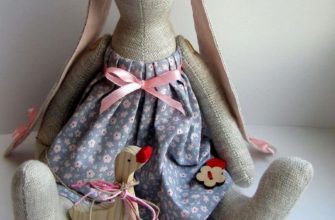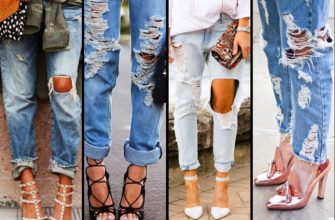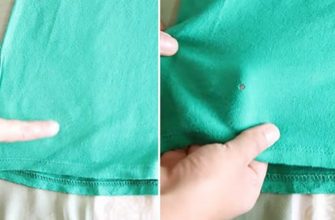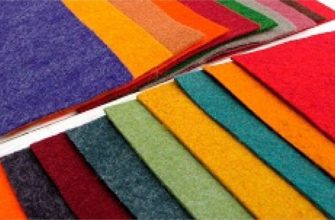Modern things that were previously considered a sign of wealth or belonging to a particular subculture have gradually begun to be replaced by ordinary, simple clothes. Over the past 10 years, it has become so commonplace that business trousers cause more surprise than a sweatshirt, hoodie or sweatshirt. They look even more beautiful and original if you sew them yourself. This material will tell you how to sew a hoodie or sweatshirt with a hood with your own hands, how to make a pattern for a hoodie with a hood.
- Benefits of Sewing Your Own Hoodie
- Fabric for sewing, its consumption and a set of patterns
- Pattern of women's hoodie 2 in 1
- How to cut a hoodie dress
- Ready-made pattern of men's hoodie in four sizes
- Pattern for children's hoodie
- Hoodie and sweatshirt hood patterns
- How to sew a hoodie with your own hands using a ready-made pattern
- Ways to decorate a hoodie
Benefits of Sewing Your Own Hoodie
As with any clothing, there are many benefits to making your own. The most notable are:
- Independent selection of high-quality fabric and its colors.
- The ability to sew a product that will look perfect and fit your figure.
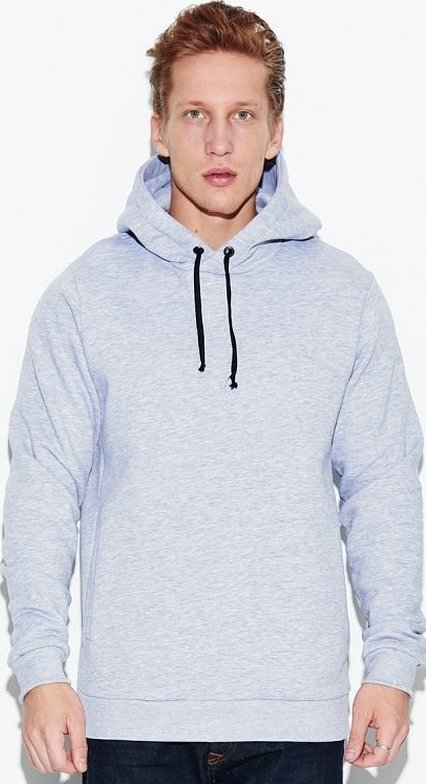
- Putting your soul and effort into the process of sewing clothes, which makes them more original and high-quality.
- Pleasant psychological sensations from the process of work and wearing.
- Opportunity to practice and achieve professional heights.
Important! There are also disadvantages to this type of hobby. At first, you will have to spend a lot of time creating a pattern and sewing. Also, not everyone may like the sewing process itself: some people find it boring, while others are ready to spend money on store-bought items.
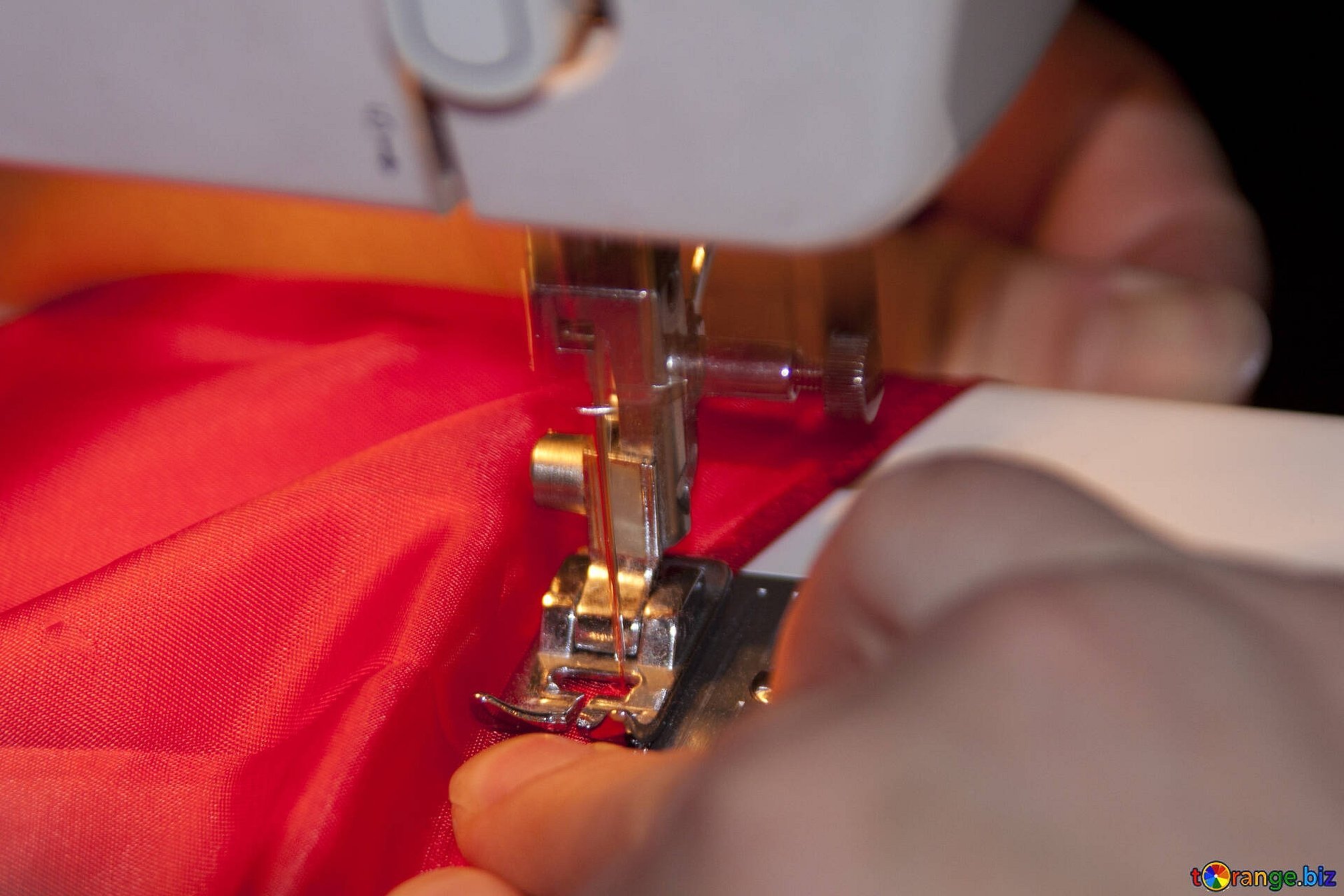
Fabric for sewing, its consumption and a set of patterns
To create a hoodie, it is recommended to use highly stretchable types of fabric: footer, thick knitwear, fleece or velosoft. In the manufacture of a bomber-type item, you can even use denim of varying density, bologna and other all sorts of insulation such as synthetic padding.
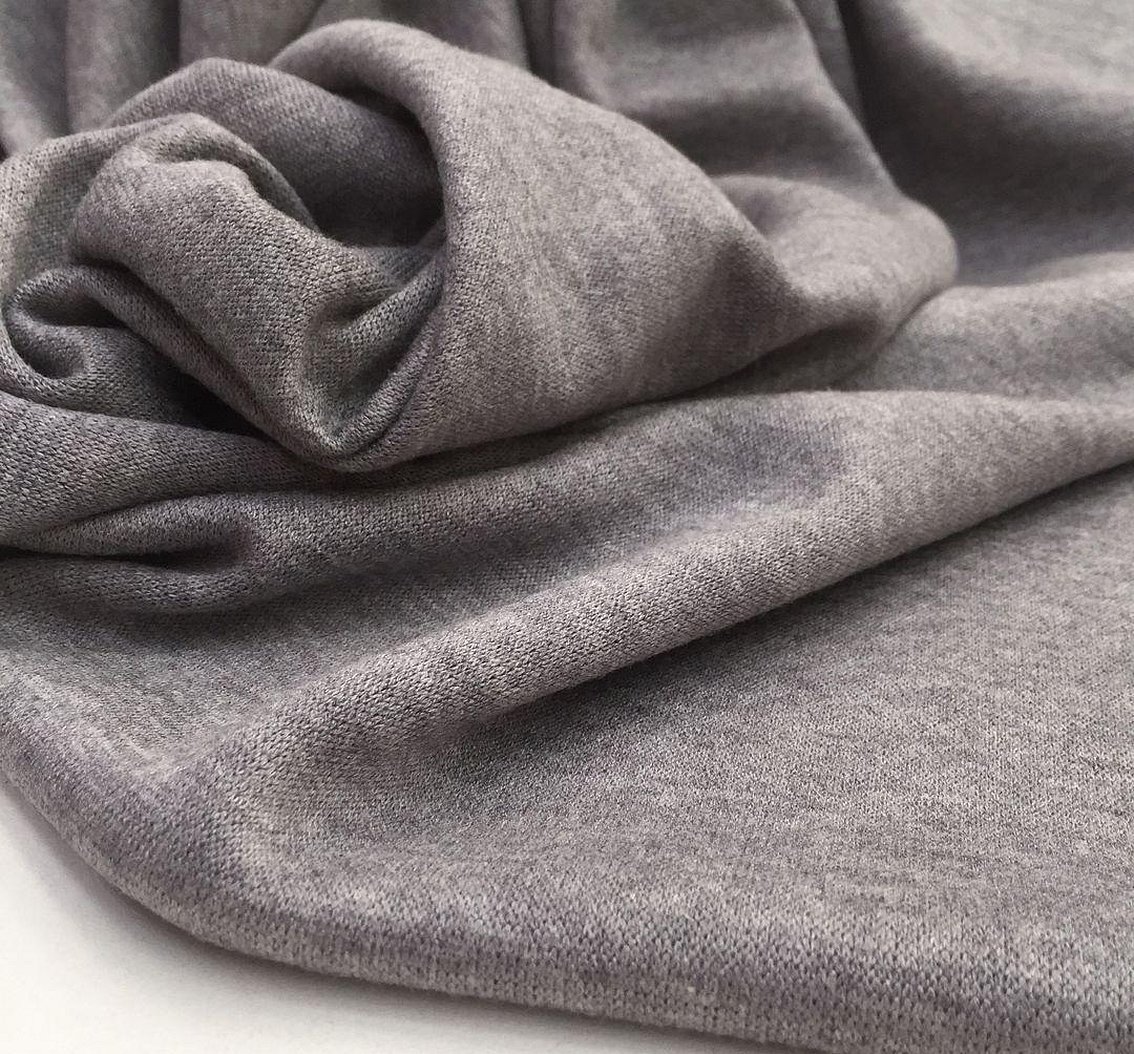
It is optimal to take a square piece of fabric with a side of 190 centimeters. It will accommodate two main parts of the back and front, as well as sleeves and a hood if desired. If you do not change the length of the pattern, on which the length of the cut itself depends, then a 150-centimeter cut will be enough, but everything also depends on the style.
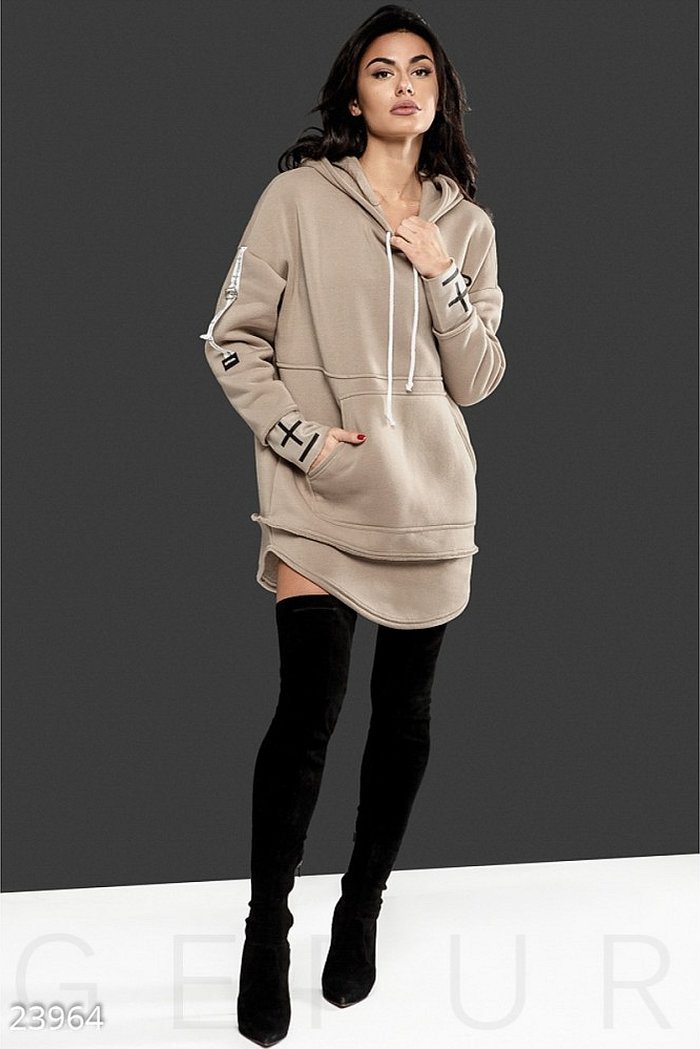
On the Internet, the hoodie pattern can be found in various configurations and may contain the following parts and components of the product:
- The shelf and the back.
- Non-stop sleeve with cuff.
- Non-stop tapered sleeve.
- Classic neckline with hood.
- Deep neckline with a hood.
- "Cunning" hood.
- Patch pocket.
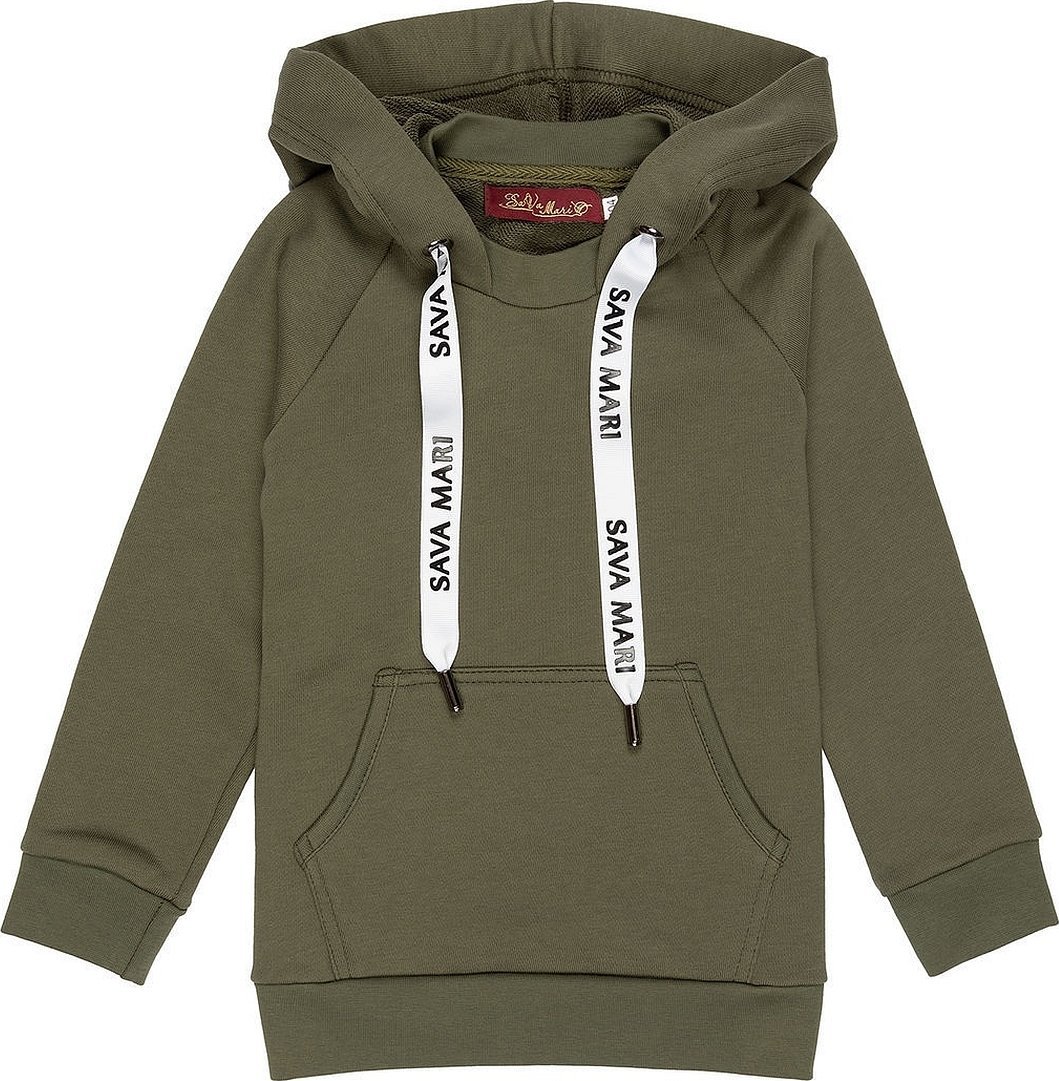
Pattern of women's hoodie 2 in 1
The pattern of a simple women's hoodie with or without a hood is quite simple and will be within the power of craftswomen without much experience. The diagram, which is presented below, will be ideal not only for a hoodie, but also for a sweater, sweatshirt and other similar items. All the necessary sizes are also presented in the figure.
The only thing you need to calculate yourself is the width of the pattern. It will be built along the chest line. To do this, divide the half-girth of the chest by two and add 2 to 4 centimeters for free fit. So, for size 44, the chest girth will be 88 centimeters, which means the width will be 44: 2 + 2 = 24 centimeters.
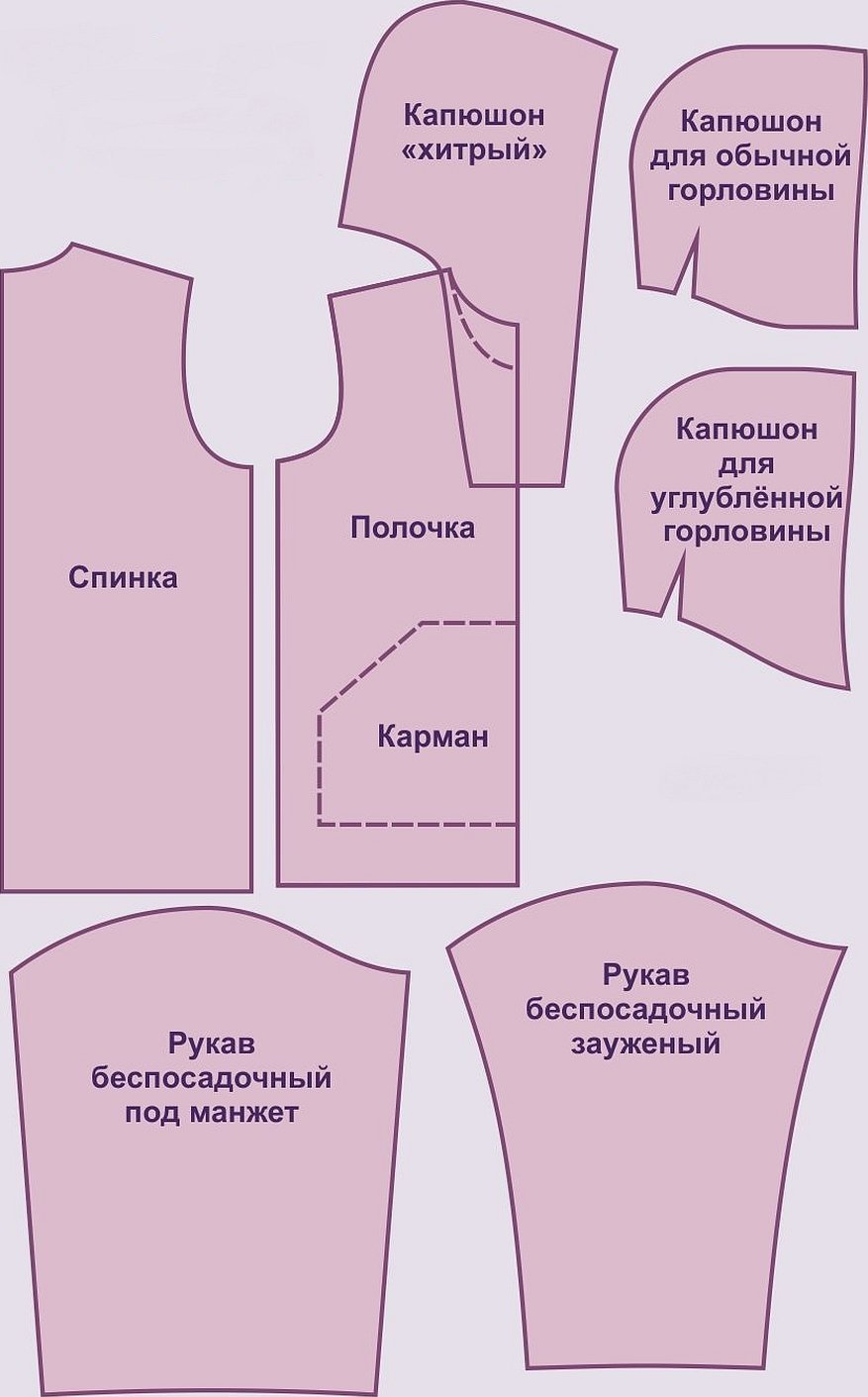
How to cut a hoodie dress
To sew such a dress, professionals recommend using only elastic knitwear of varying density. You will need a 1.8-meter piece of knitted fabric 145 centimeters wide and a 65-centimeter piece of the same fabric with a print (its width will be the same). In addition, you will need two eyelets with a diameter of 7 millimeters, a cord with a diameter of 5 millimeters and a length of up to 1.2 meters, 4 grommets for pockets and threads.
The process itself is very simple: the parts are cut out from the diagram, taking into account allowances for the set of parts on all sides of one centimeter.
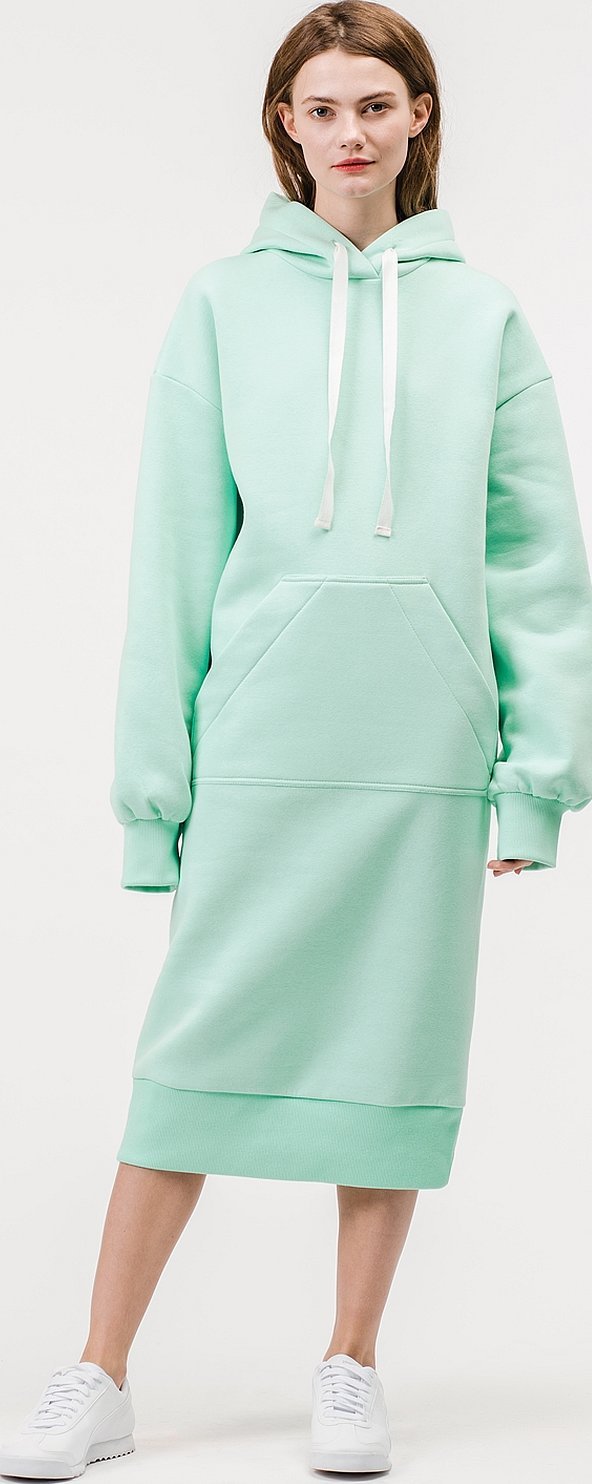
Ready-made pattern of men's hoodie in four sizes
Sewing a men's version is essentially no different from sewing a women's version. The product itself can have different prints and use thicker fabrics. As a rule, patterns for men are provided in several sizes in case of growth and other factors. Such products are often sewn with a raglan sleeve and a large kangaroo pocket in the middle. The ends of the sleeves and the bottom are decorated with knitted elastic or spandex thread.
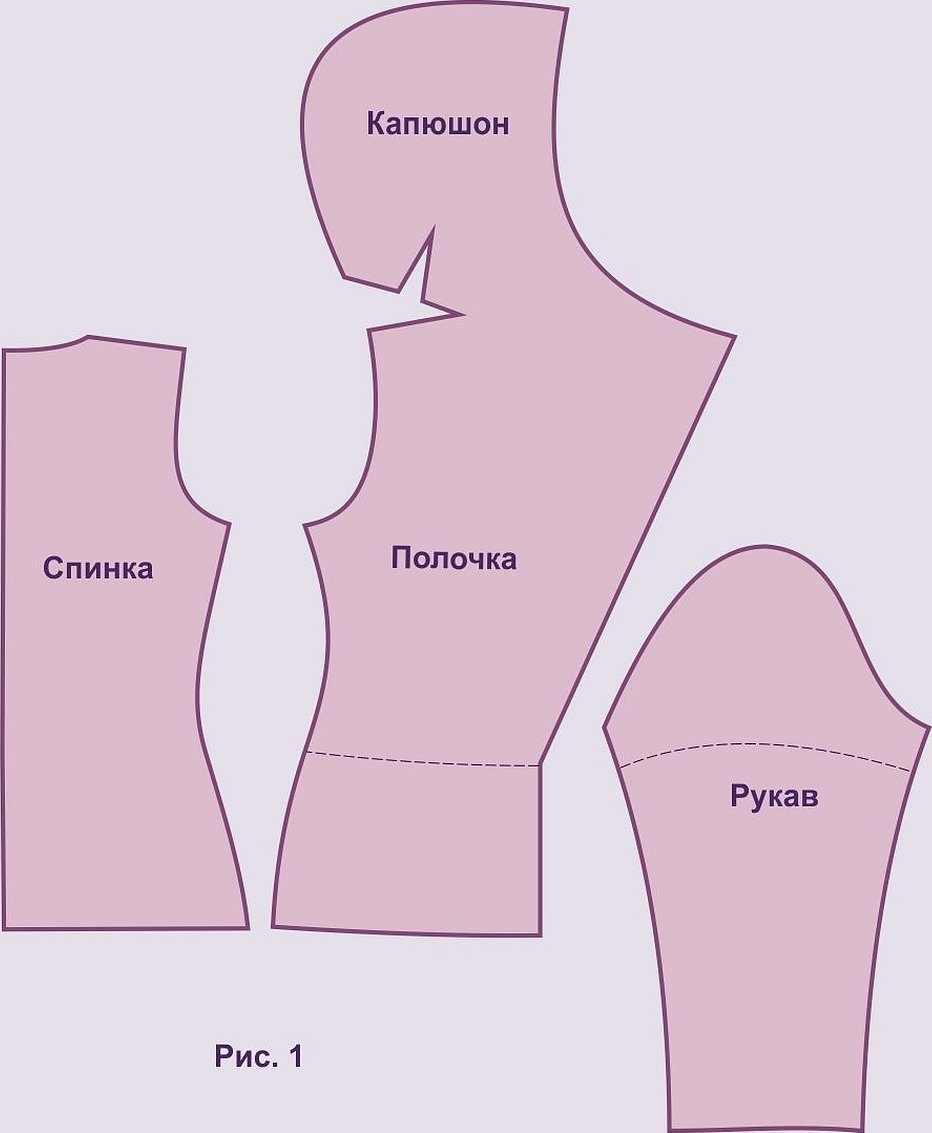
Suitable for sewing are dense knitted fabrics of medium stretch, made of natural or mixed material. It is necessary to carefully select the material based on the expected weather and time of year.
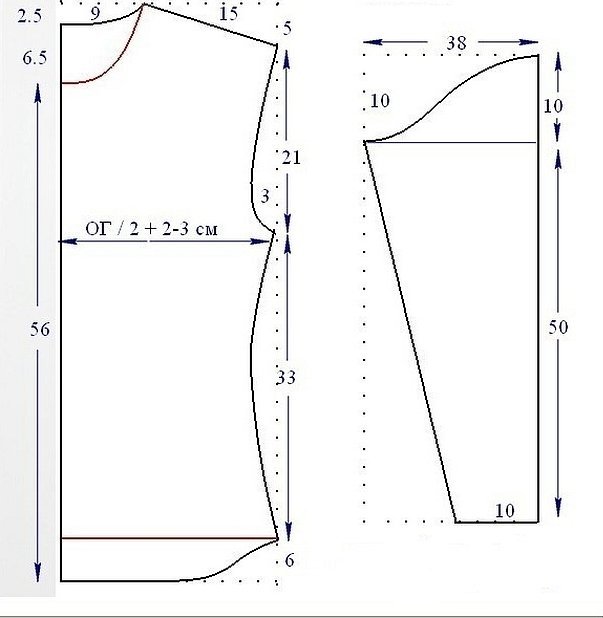
Pattern for children's hoodie
For the children's version, you should use only natural materials or, at worst, a mixed type in which the balance is in favor of cotton. Hoodies for children (boys and girls) are made according to the same principle as for adult versions, but, naturally, the sizes are made an order of magnitude smaller, which helps save on fabric and resources or take a high-quality smaller cut for the same money. Bright colors and drawings with cartoon characters are suitable for children. You can even decorate the product yourself with embroidery.
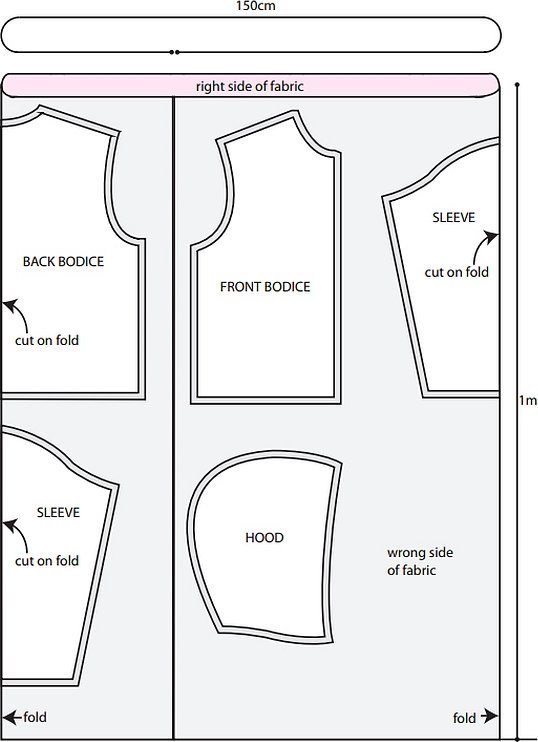
Hoodie and sweatshirt hood patterns
The name "hoodie" itself suggests that this item will have a hood, because hood is translated from English as "hood". The pattern of this detail is quite similar to the patterns of similar elements for other products, but has its own nuances. A hood for a hoodie requires eyelets and a drawstring.
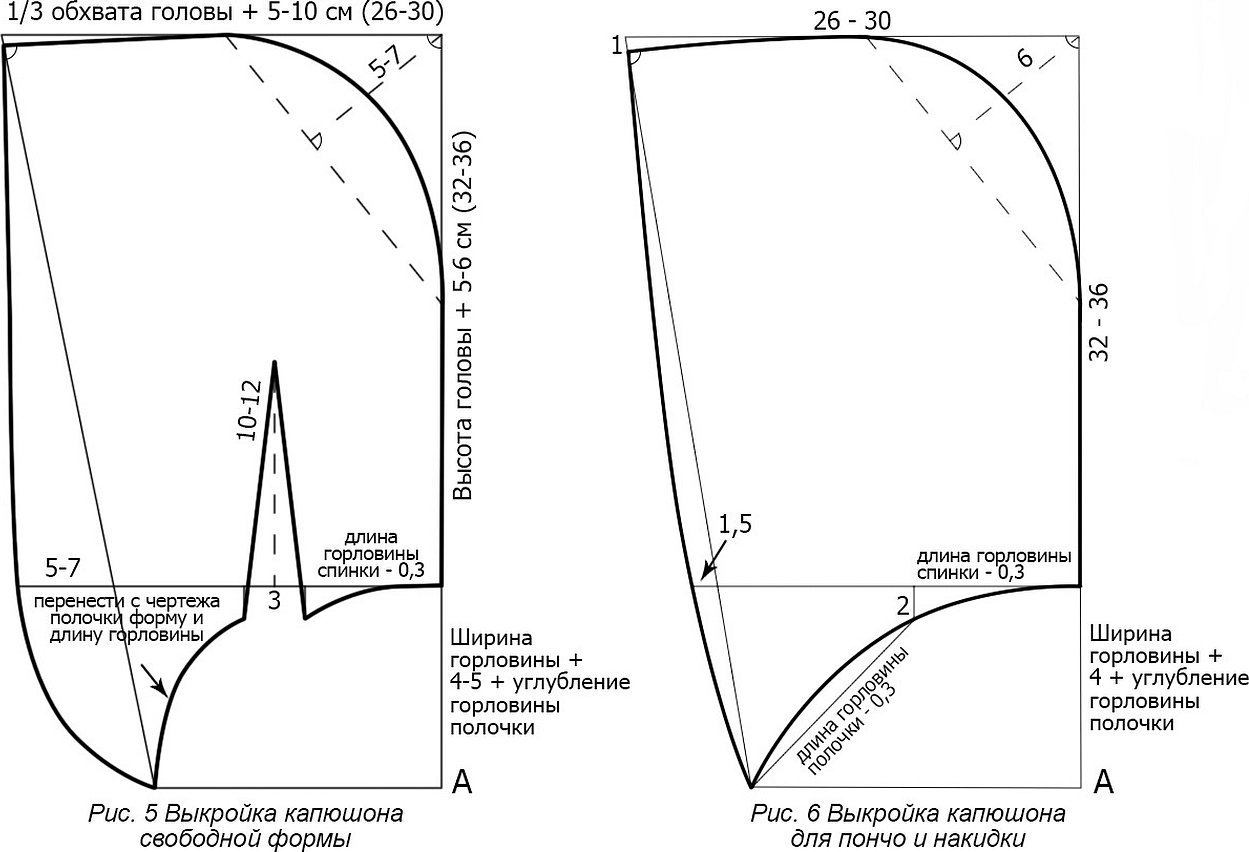
Once its pattern is constructed, you can start basting and stitching: sew the darts of the element and iron them to the center. After that, process the neckline of the hood with a facing, pin its edges to the neckline and sew in the element. The last stage will be steaming and installing eyelets.
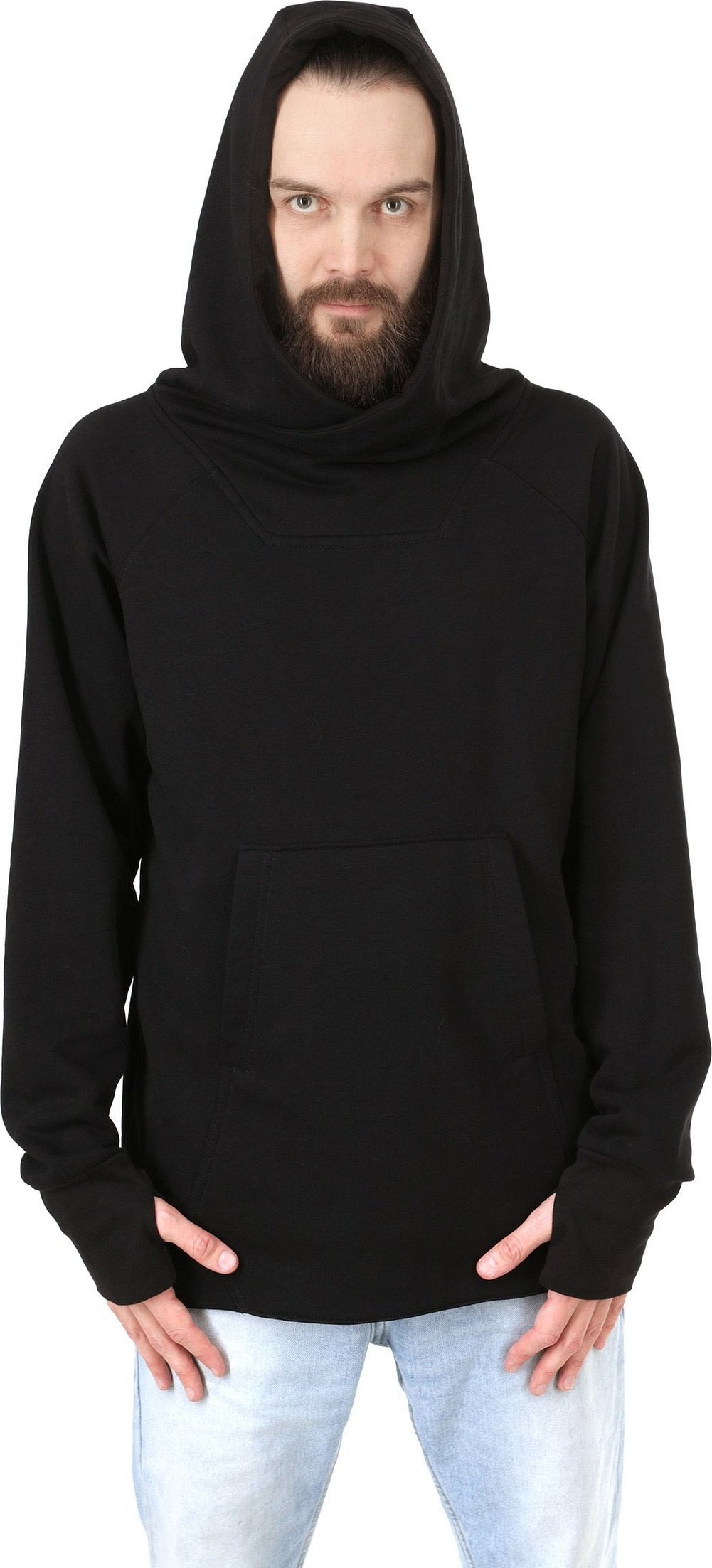
How to sew a hoodie with your own hands using a ready-made pattern
First, you need to decide on the style of the product and its color. For this, the appropriate material is purchased. Next, if a ready-made pattern is found, you need to enter your values from the main measurements in it. It is even better if the pattern fits the size initially. Next, the drawing is marked on the fabric and the parts are cut out, which are processed and swept together in the order determined by the pattern.
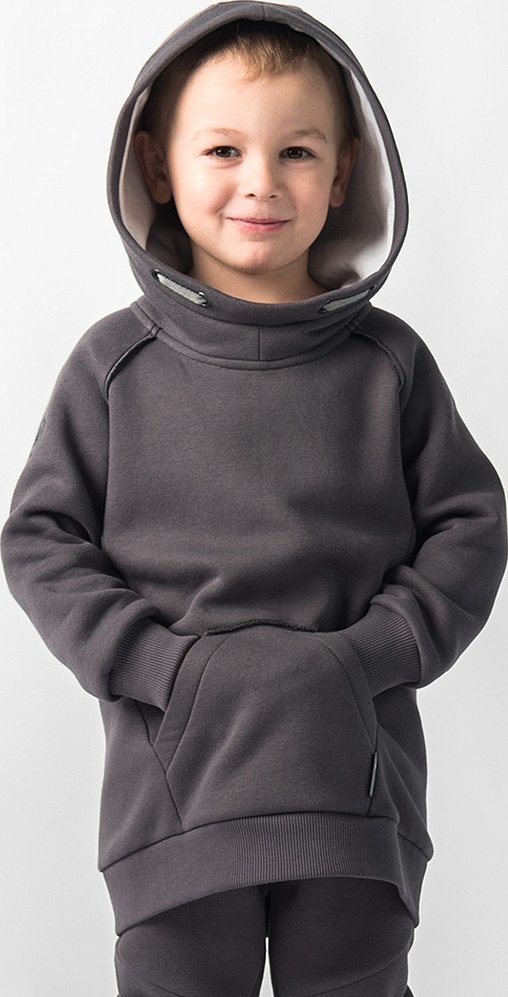
Ways to decorate a hoodie
As already mentioned, fabric with prints is often used to decorate homemade hoodies. These are drawings of various plants, animals or patterns on fabric. Sewing various cute appliques on the chest and stomach is suitable for both children and adults. Additionally, they can be used to decorate pockets and places where flaws are visible that were not noticed during the manufacturing process.
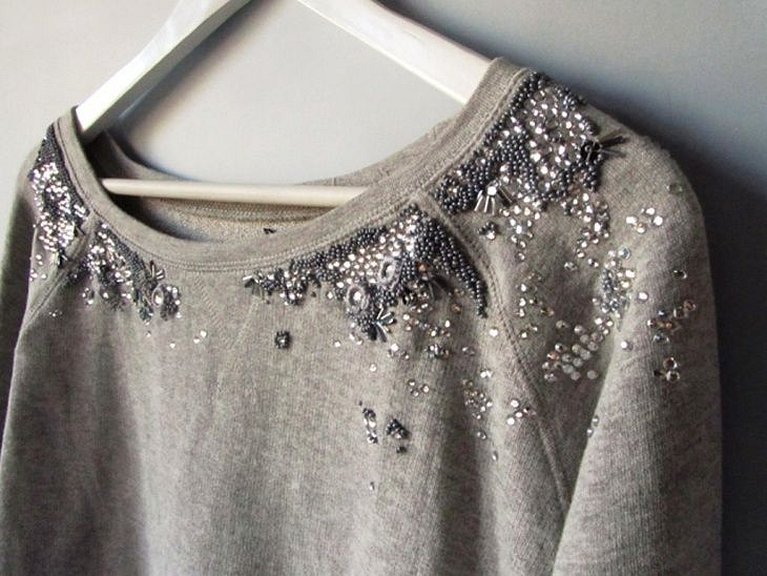
Options with sewing on various details, sewing on elements from another type of fabric, such as leather or its substitute, also look good. You can add shine to your sweater with a pattern of beads or sequins.
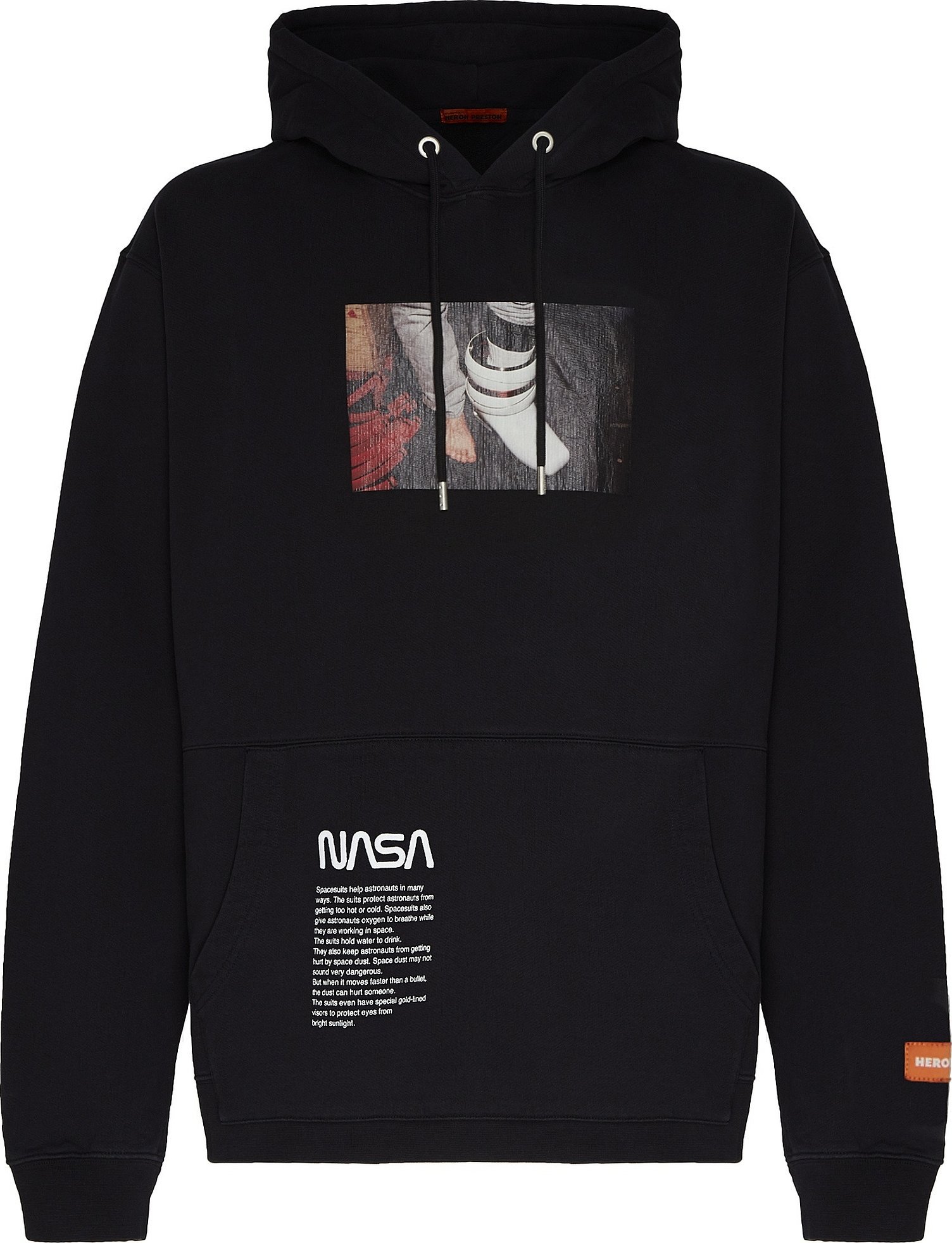
Thus, the pattern of a hooded sweater is a fascinating and simple process that even a novice craftswoman can handle. The main thing is to understand the nuances and sew the product according to the step-by-step instructions of tailoring masters.

